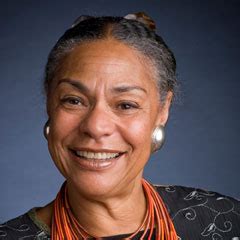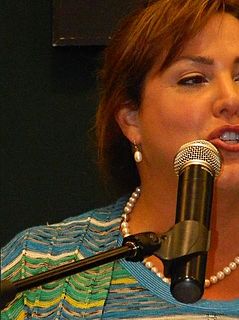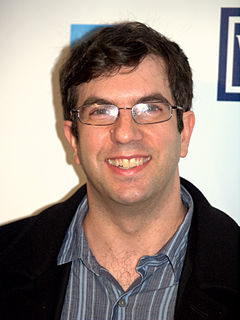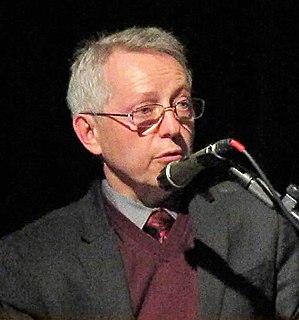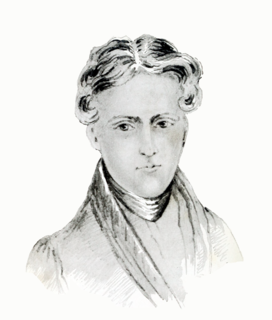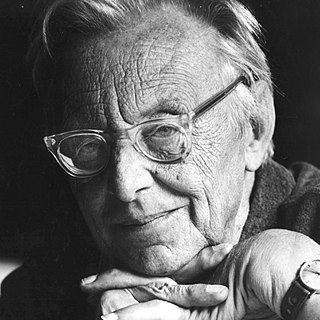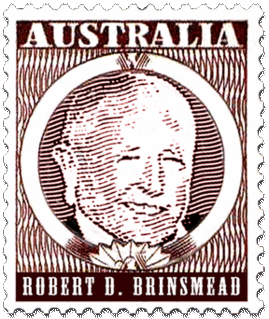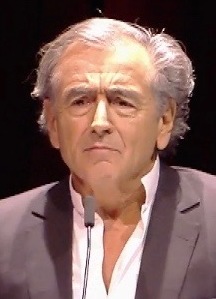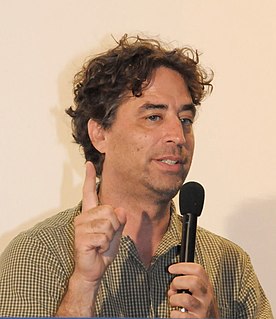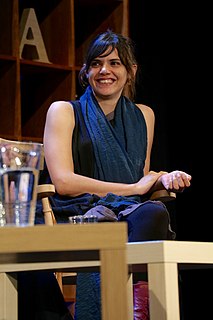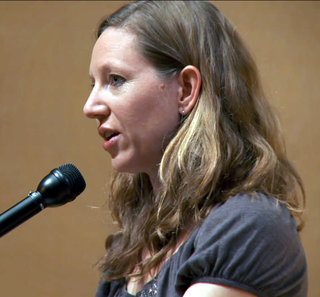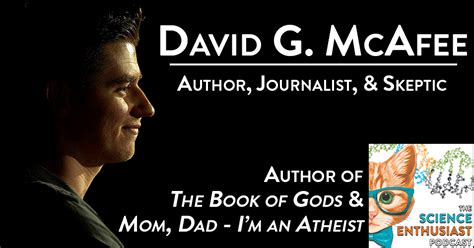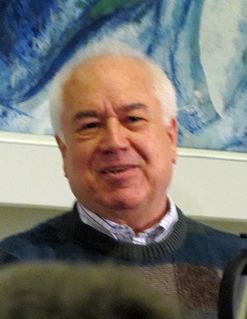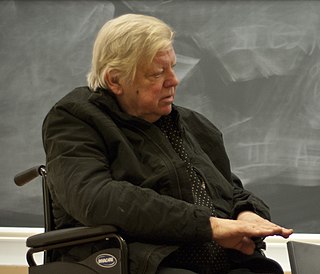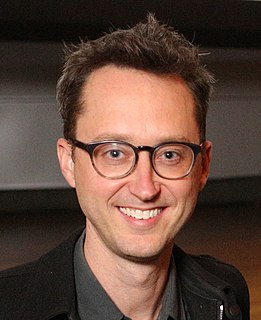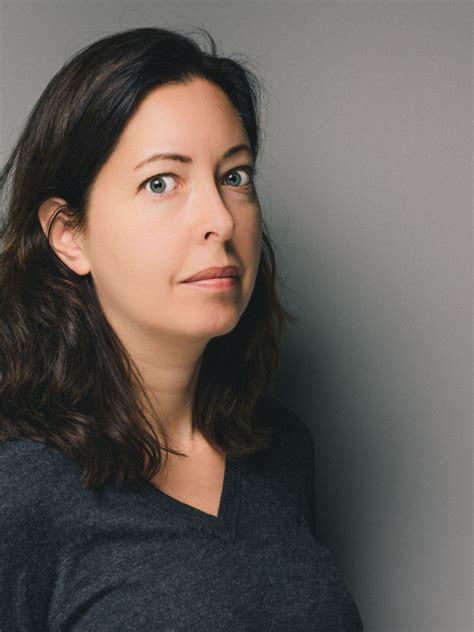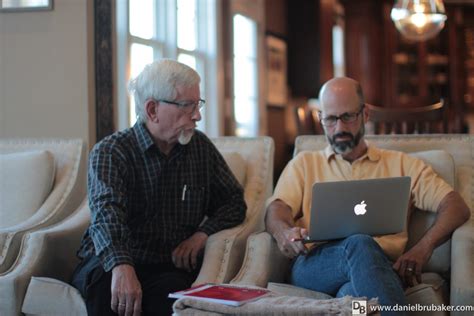Top 428 Texts Quotes & Sayings - Page 7
Explore popular Texts quotes.
Last updated on April 20, 2025.
Even at this stage, my preparations were like strapping on a parachute in an airplane that was about to crash; the whole time I was preparing to hurl myself out the door, I clung to the hope that something would happen at the last minute to forestall that terrible necessity I felt-not hostility, as psychiatric texts would say, or vengeful rage, or a desire for attention. This was done in secret, out of a need to alleviate pain which was as implacable as thirst.
If I looked at some of these pieces as if this project was not spoken-word but just short anthology, I probably would have fussed with some of the sentences, you know? Syllabication and prosody and such crap. Because the printed word is etched in stone. But for reading purposes I accepted this book of texts in the manner in which I wrote them, no need to fuss. Most of the shorter stuff was written as poetry. Meaning lots of white space on the page.
What's true will never contradict what's true. Article 2 of the Belgic Confession, based on Psalm 19, Romans 1, and several other texts, declares that God has given us two reliable revelations: the words of Scripture and the facts of nature. Thus, it would be impossible for the facts of nature ever to contradict the words of the Bible.
I don't speak any languages well enough to make an expert assessment on writing in translation, but since I'm interested in awkwardness in prose, I find I like the way translated texts can sometimes acquire awkwardness in the process of translation. There's a discordance translation can create which I think is sometimes seen as a weakness but which I think can be a really interesting aspect of the text.
We're just a big media family. My mom is always sending us articles throughout the day. My husband now works at Facebook... so it's just a very high-paced media culture, our texts. It's links and photos, and all hours of the day, because my dad, my brother, and I are night owls, and my mom and my husband wake up early.
Views of women, on one side, as inwardly directed toward home and family and notions of men, on the other, as outwardly striving toward fame and fortune have resounded throughout literature and in the texts of history, biology, and psychology until they seem uncontestable. Such dichotomous views defy the complexities of individuals and stifle the potential for people to reveal different dimensions of themselves in various settings.
Every walk to the woods is a religious rite, every bath in the stream is a saving ordinance. Communion service is at all hours, and the bread and wine are from the heart and marrow of Mother Earth. There are no heretics in Nature's church; all are believers, all are communicants. The beauty of natural religion is that you have it all the time; you do not have to seek it afar off in myths and legends, in catacombs, in garbled texts, in miracles of dead saints or wine-bibbing friars. It is of today; it is now and here; it is everywhere.
My view is that our minds are incredibly powerful animals that are, during life, kept somewhat in check by the load of our bodies. Once that load is gone (or so some ancient texts teach us) the mind is like a horse off the tether. So the habits we get into here might have something to do with what happens to us afterwards. An exciting but harrowing idea, given the everyday state of my mind. But also hopeful, since that's something a person can work with.
The whole bible is the working out of the relationship between God and man. God is not a dictator barking out orders and demanding silent obedience. Were it so, there would be no relationship at all. No real relationship goes just one way. There are always two active parties. We must have reverence and awe for God, and honor for the chain of tradition. But that doesn't mean we can't use new information to help us read the holy texts in new ways.
Awarded the Nobel Peace Prize in 1986, Elie Wiesel is also the author of more than 40 books. As relevant as anything to today's discussion are the insights into the Biblical texts that are contained in his lectures and books. They include Messengers of God [1976], Five Biblical Portraits [1978] and his just-published Wise Men and Their Tales - Portraits of Biblical, Talmudic and Hasidic Masters.
The earliest religious texts in the West ascribe to humankind both a prehistory and a destiny among the gods. M. David Litwa presents a striking survey of the varieties the latter of these beliefs has had, both within and outside the Christian tradition. Becoming Divine reconstructs an accessible and fascinating mosaic of this too-long neglected idea, utilizing figures as disparate as Orphic cultists, Augustine, and Nietzsche.
Get your texts from God - your thoughts, your words, from God... It is not great talents God blesses so much as great likeness to Jesus. A holy minister is an awful weapon in the hand of God. A word spoken by you when your conscience is clear, and your heart full of God's Spirit, is worth ten thousand words spoken in unbelief and sin.
The subject matter covered in Carmina stays pretty basic: love, lust, the pleasures of drinking and the heightened moods evoked by springtime. These primitive and persistently relevant themes are nicely camouflaged by the Latin and old German texts, so the listener can actually feign ignorance while listening to virtually X-rated lyrics. (Veni Veni Venias! Come, come come now!)The music itself toggles between huge forces and a single voice, juxtaposing majesty and intimacy with ease.
I think that we are passionate creatures who really live our fullest life when we are deeply engaged, when we feel successes, and exult in them, when we feel losses and tragedies and are hurt by them. So I came to the conclusion that Eastern ideas of withdrawal may not be right for modern Westerners. If you read the ancient texts, they're pretty severe. I mean, they really are not the sort of thing that you would think compatible with really throwing yourself into life and being a part of it.
Aesthetic value emanates from the struggle between texts: in the reader, in language, in the classroom, in arguments within a society. Aesthetic value rises out of memory, and so (as Nietzsche saw) out of pain, the pain of surrendering easier pleasures in favour of much more difficult ones ... successful literary works are achieved anxieties, not releases from anxieties.
It may well be feared, that there is not enough Biblereading among us. It is not sufficient to have the Book. We must actually read it, and pray over it ourselves. It will do us no good, if it only lies still in our houses. We must be actually familiar with its contents, and have its texts stored in our memories and minds. Knowledge of the Bible never comes by intuition. It can only be obtained by diligent, regular, daily, attentive, wakeful reading.
When you read my texts, you saw a curt, miserable git. And you told me so. Maybe you're right. But you know what I saw when I read yours? - Sam No. And I don't want to know. - Poppy I saw a girl who races to help others but doesn't help herself. And right now you need to help yourself. No one should walk up the aisle feeling inferior or in a different league or trying to be something they're not. - Sam
Many liberals believe in God; many conservatives do. What matters is not whether people believe in God but what text, if any, they believe to be divine. Those who believe that He has spoken through a given text will generally think differently from those who believe that no text is divine. Such people will usually get their values from other texts, or more likely from their conscience and heart.
In all the ages the Roman Church has owned slaves, bought and sold slaves, authorized and encouraged her children to trade in them. . . . There were the texts; there was no mistaking their meaning; . . . she was doing in all this thing what the Bible had mapped out for her to do. So unassailable was her position that in all the centuries she had no word to say against human slavery.
He was addicted to me and now he has gone cold turkey. He used to send me fifty texts a day. And now he is ignoring me. It's like I was once his Barack Obama. And now I am John McCain, conceding defeat like a sad-face sock puppet, knowing I have sold the best of myself. He, my electorate, not only does not want me, he actively feels pity.
In 1879 the Bengali scholar S.M. Tagore compiled a more extensive list of ruby colors from the Purana sacred texts: ‘like the China rose, like blood, like the seeds of the pomegranate, like red lead, like the red lotus, like saffron, like the resin of certain trees, like the eyes of the Greek partridge or the Indian crane…and like the interior of the half-blown water lily.’ With so many gorgeous descriptive possibilities it is curious that in English the two ancient names for rubies have come to sound incredibly ugly.
We must stop using the Bible as though it were a potpourri of inerrant proof-texts by which we can bring people into bondage to our religious traditions...We must no longer use the Bible as the Pharisees used the Torah when they gave it absolute and final status. Christian biblicism is no different from Jewish legalism. It is the old way of the letter, not the new way of the Spirit.
Regardless of whether the authors I've translated have been "dead and canonized," or "living and established," or even simply "emerging," I must put myself to the same, old test: "can I do their texts justice?" I've translated twenty-one books, and except for three commissions, I "hand-picked" all my authors on the basis of whether my own peculiar idiosyncrasies would complement their own.
As someone who sends texts messages more or less non-stop, I enjoy one particular aspect of texting more than anything else: that it is possible to sit in a crowded railway carriage laboriously spelling out quite long words in full, and using an enormous amount of punctuation, without anyone being aware of how outrageously subversive I am being.
There is no rigorous and effective deconstruction without the faithful memory of philosophies and literatures, without the respectful and competent reading of texts of the past, as well as singular works of our own time. Deconstruction is also a certain thinking about tradition and context. Mark Taylor evokes this with great clarity in the course of a remarkable introduction. He reconstitutes a set of premises without which no deconstruction could have seen the light of day.
If you trace the history of Islamist terrorism, you see that its founders were great admirers of European fascism. They read the texts of European fascism, they quoted them in speeches and letters. This is not from the Koran - the Koran doesn't teach you how to repress people; there's nothing in there about women having to cover their faces, there's certainly nothing about suicide bombing.
I went to law school which is a 3-year program in the US that is focused primarily on memorizing certain doctrines and taking exams that test whether you can apply those doctrines to help prepare for the bar exam. If you are lucky, you get a few classes where you are encouraged to think more critically and read critical texts rather than just casebooks, and perhaps write a paper that is not a legal memo or brief.
Through luminous and erudite readings of the texts, Hasana Sharp shows us how profound and radical is Spinoza's conception of nature and his claim that humans always remain part of nature, acting solely according to the same rules. She demonstrates the political consequences of adopting this perspective through a provocative intervention in contemporary feminist theory, while along the way opening promising avenues for future work in a variety of other fields, such as animal studies and ecology. This is a challenging and important book.
Cities have often been compared to language: you can read a city, it's said, as you read a book. But the metaphor can be inverted. The journeys we make during the reading of a book trace out, in some way, the private spaces we inhabit. There are texts that will always be our dead-end streets; fragments that will be bridges; words that will be like the scaffolding that protects fragile constructions.
There was no place in the land where the seeker could not find some small budding sign of pity for the slave. No place in all the land but one - the pulpit. It yielded last; it always does. It fought a strong and stubborn fight, and then did what it always does, joined the procession - at the tail end. Slavery fell. The slavery texts in the Bible remained; the practice changed; that was all.
I love language. It doesn't bother me that its effects are partial. To me that is very sanity-producing. It would be weird if the effects of language were more than partial, if your whole life existed within your texts. That would be much scarier to me than language being an inadequate tool to represent.
A good person is one who follows the Ten Commandments and the golden rule. There is plenty of precedent in history to guide us and we probably evolved to be sensitive to Bible-Golden Rule situations. But the dilemmas faced by a worker - a journalist, an architect, an auditor - or by a citizen (what position to take on stem cell research, whether to run for office, what is the proper balance between taxation and social nets) - are not questions that can be answered by traditional texts or precedents.
It is important to note that multiculturalism does not share the postmodernist stance. Its passions are political; its assumptionsempirical; its conception of identities visceral. For it, there is no doubting that history is something that happened and that those happenings have left their mark within our collective consciousness. History for multiculturalists is not a succession of dissolving texts, but a tense tangle of past actions that have reshaped the landscape, distributed the nation's wealth, established boundaries, engendered prejudices, and unleashed energies.
Without cultural indoctrination, all of us would be atheists. Or, more specifically, while many may dream up their own gods as did our ancestors, they would certainly not be ‘Christian’ or ‘Jewish’ or ‘Muslim’ or any other established religion. That’s because, without the texts and churches and familial instruction, there are no independent evidences that any specific religion is true. Outside of the Bible, how would one hear of Jesus? The same goes for every established religion.
O prejudice, prejudice, prejudice, how many hast thou destroyed! Men who might have been wise have remained fools because they thought they were wise. Many judge what the gospel ought to be, but do not actually enquire as to what it is. They do not come to the Bible to obtain their views of religion, but they open that Book to find texts to suit the opinions which they bring to it. They are not open to the honest force of truth, and therefore are not saved by it.
I've been a little disappointed in directors in America. I'm really after a theater that doesn't just deal with the actual texts that I brought in. But with a director that really deals with images too, that takes the play to another level. We have to remember that theater takes place in the third dimension, and we have to take into consideration the visual aspect of the play. I think images are important for the theater. Because I do write images.
When, as a child, I first opened my eyes on a Sunday-morning, a feeling of dismal anicipation, which began at least on the Friday,culminated. I knew what was before me, and my wish, if not my word, was "Would God it were evening!" It was no day of rest, but a day of texts, of catechisms (Watts'), of tracts about converted swearers, godly charwomen, and edifying deaths of sinners saved.... There was but one rosy spot, in the distance, all that day: and that was "bed-time," which never could come too early!
In Germany representatives of the Islamic communities try to hijack children who are born here, along with the entire Islamic community, to prevent them from being influenced by the society which has taken them in. Children born here are like blank sheets on which you can write European or Islamic texts. Muslim representatives want to raise their children as if they don't even live in Europe.
I think a lot of my interest in history now isn't so much in places and names and texts and public figures, but more in examining all the nuances and idiosyncrasies of particular stories of everyday people. And if that doesn't happen, then I usually transplant myself and my own stories to a particular historical event. Which is why you'll see me, the first person pronoun, interacting in a song about Carl Sandburg, or you'll find my [sic] interacting with Saul Bellow. It's sort of a re-rendering of history and making it my own.
I often notice how students can gain the capacity to use certain critical methodologies through engaging with very different texts - how a graphic novel about gentrification and an anthology about Hurricane Katrina and a journalistic account of war profiteering might all lead to very similar classroom conversations and critical engagement. I'm particularly interested in this when teaching law students who often resist reading interdisciplinary materials or materials they interpret as too theoretical.
Conservatives . . . may decide to join the game and seek activist judges with conservative views. Should that come to pass, those who have tempted the courts to political judging will have gained nothing for themselves but will have destroyed a great and essential institution. . . . There are only two sides. Either the Constitution and statutes are law, which means their principles are known and control judges, or they are malleable texts that judges may rewrite to see that particular groups or political causes win.
Let's just say my phone blew up when I came out on global television. The only people that knew were my immediate family members and my closest friends, maybe like three of them. So you can imagine how many texts and emails and Facebook messages that I got after coming out, most of which were very supportive from the LGBT community.
Study universal holiness of life. Your whole usefulness depends on this, for your sermons last but an hour or two, your life preaches all the week. If Satan can only make a covetous minister a lover of praise, of pleasure, of good eating, he has ruined your ministry. Give yourselves to prayer, and get your texts, your thoughts, your words from God.
For it is not the bare Words, but the Scope of the writer that giveth true light, by which any writing is to bee interpreted; and they that insist upon single Texts, without considering the main Designe, can derive no thing from them clearly; but rather by casting atomes of Scripture, as dust before mens eyes, make everything more obscure than it is; an ordinary artifice of those who seek not the truth, but their own advantage.
Everyone accepts the abstraction of Bach. My work aspires to the same kind of abstraction, which is so engaging that you're distracted from asking about what it means. So many paintings have hidden meanings or need wall texts, but my work is not in that category. Once it's in the viewer's eyes my job will be judged on whether or not it is engaging and pulls you in to a kind of intelligence or poetic something going on there that makes it sustainable to look at.
Religion is part of the human make-up. It's also part of our cultural and intellectual history. Religion was our first attempt at literature, the texts, our first attempt at cosmology, making sense of where we are in the universe, our first attempt at health care, believing in faith healing, our first attempt at philosophy.
The whole history of these books (i.e. the Gospels) is so defective and doubtful that it seems vain to attempt minute enquiry into it: and such tricks have been played with their text, and with the texts of other books relating to them, that we have a right, from that cause, to entertain much doubt what parts of them are genuine. In the New Testament there is internal evidence that parts of it have proceeded from an extraordinary man; and that other parts are of the fabric of very inferior minds. It is as easy to separate those parts, as to pick out diamonds from dunghills.
Criticism is above all a gift, an intuition, a matter of tact and flair; it cannot be taught or demonstrated--it is an art. Critical genius means an aptitude for discerning truth under appearances or in disguises which conceal it; for discovering it in spite of the errors of testimony, the frauds of tradition, the dust of time, the loss or alteration of texts. It is the sagacity of the hunter whom nothing deceives for long, and whom no ruse can throw off the trail.
It’s a way of life to be always texting and when you looks at these texts it really is thoughts in formation. I do studies where I just sit for hours and hours at red lights watching people unable to tolerate being alone. Its as though being along has become a problem that needs to be solved and then technology presents itself as a solution to this problem…Being alone is not a problem that needs to be solved. The capacity for solitude is a very important human skill.
I can't honestly say where the inspiration for my work came from. I think it came from reading. It came from texts, from Nietzsche, Schopenhauer, it came from, you know, Jean-Paul Sartre. These are the ideas that got me worked up and inspired. It wasn't so much the visual things that inspired me. Although, of course, there were plenty of painters in history that I admired all the way from Brueghel to Goya, to Picasso - because everything visual stimulates me.
To be honest, I thought it was similar to animal husbandry." Sally's tone turned dry. "Sometimes, my lady I'm afraid it isn't that different." Pippa paused, considering the ords. "Is that so?" "Men are uncomplicated, generally," Sally said, all too sage. "They're beasts when they want to be." "Brute ones!" "Ah, so you understand." Pippa tilted her head to one side. "I've read about them." Sally nodded. "Erotic texts?" "The book of Common Prayer.
I am not very impressed with theological arguments whatever they may be used to support. Such arguments have often been found unsatisfactory in the past. In the time of Galileo it was argued that the texts, 'And the sun stood still... and hasted not to go down about a whole day' (Joshua x. 13) and 'He laid the foundations of the earth, that it should not move at any time' (Psalm cv. 5) were an adequate refutation of the Copernican theory.
I like being connected to young people, or younger people who are trying to figure out the language of film, bringing theorists from the dawn of the art in the 20th century. There is a way you find a synthesis. You read texts by the Soviets who are discussing montage, and you have students figuring out how to put scenes together and tell stories visually. The theory becomes relevant in daily practice. It's free labor, which is pretty cool too. I think we all learn from each other and benefit from the collaborations.
The only thing I've consistently been interested in in the last twenty-five years is writing very short texts. That continues to interest me as a project, to contain some part of reality, which is chaotic by definition, in a contained space. I like small apartments. I like getting rid of stuff. I went through my files yesterday and spent hours shredding things. It was great.
My idea is that the Koran is a kind of cocktail of texts that were not all understood even at the time of Muhammad. Many of them may even be a hundred years older than Islam itself. Even within Islamic traditions there is a huge body of contradictory information, including a significant Christian substrate; one can derive a whole Islamic anti-history from them if one wants.
In his anti-Darwinian book... (and eponymously named The Neck of the Giraffe ), Francis Hitching tells the story... "The need to survive by reaching ever higher for food is, like so many Darwinian explanations of its kind, little more than a post hoc speculation." Hitching is quite correct, but he rebuts a fairy story that Darwin was far too smart to tell - even though the tale later entered our high school texts as a "classic case" nonetheless.
I guess I will say, going back to the Judaism questions, there are mental reflexes or patterns that I think of as Jewish in my own feelings about mysticism and theology.Franz Kafka is someone I very much revere. If I believed in holy texts I'd go to him as a touchstone. Not that I read Kafka all the time at this point. In a way, this is what I most want to talk about and it's the hardest to talk about.
I'm always reading many books at a time. It might be quite unorthodox, but what I do is, since I'm always surrounded with books, I'll read a page of physics, and then I'll read a chapter of a novel that I really love, and then I'll say, "Oh well, what does that mixture do in my head?" I adore reference books. I love encyclopedias. I also like just going back to original texts, because a lot of these self-help books today.





